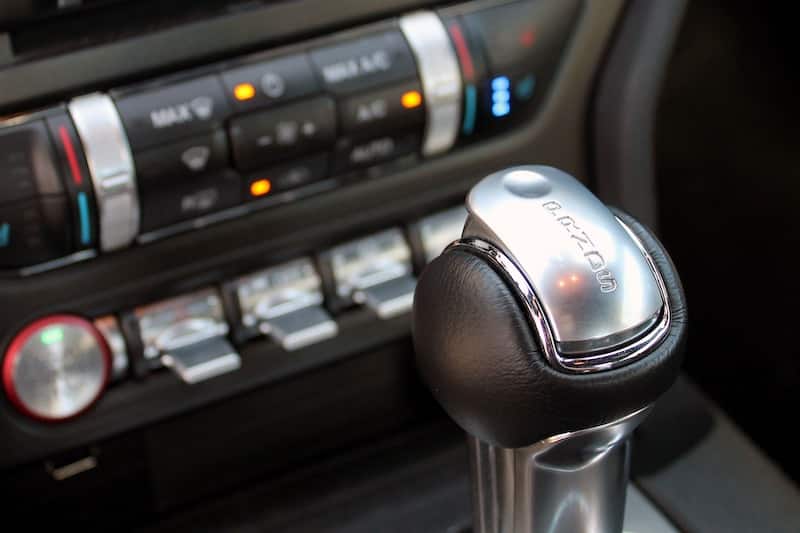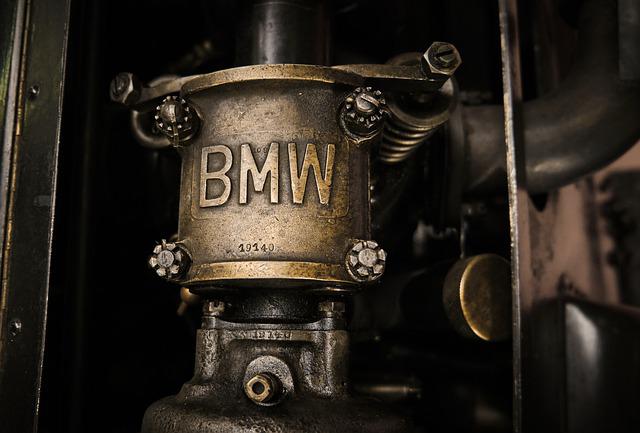5 Most Common Transmission Problems & How To Fix Them
Find Used Engines and Transmissions for a Great Price! Live Assistant For Used Engines Call 1800-518-9776

The terms 'transmission' and 'gearbox' are often used interchangeably. The transmission/gearbox unit is accountable for the following:
- Power transmission from the engine to the wheels
- Ensuring reliable acceleration
- Gear Shifting smoothly
Simply said, your vehicle cannot work without a functioning gearbox.A transmission contains hundreds of moving parts, as well as extensive wiring and electrical sensors. If left untreated, transmission problems can quickly escalate from an "odd noise" to a "very expensive problem." However, there is some good news! If you recognize the warning signals, you can take care of gearbox servicing before it becomes an expensive issue.
Early signs of transmission problems
Every car has a transmission, whether it is automatic or manual, new or used transmission and sooner or later problems occur due to wear and tear internal damage, or long use of the vehicle. But with early diagnostic capabilities, you can shift servicing into high gear and get you back on the road sooner.
Top 5 common transmission problems
1. Leaking fluid
Transmission fluid lubricates the moving parts. In contrast to engine oil, transmission fluid is not burned off. A low fluid level indicates the presence of a leak that requires plugging. Fluid leaks are one of the simplest transmission problems to identify, as the indicators of a leak are obvious:
- Debris on the driveway caused by fluids
- The vehicle operates normally but has reversing issues
It's simple to check for low transmission fluid in an automatic transmission. Take a short drive in the automobile, park on level ground, raise the hood, and inspect the dipstick for transmission fluid. If everything is in order, the fluid should be a bright translucent red with a pleasant aroma. If the fluid level is low or the transmission seems dark or has a burned smell, schedule an automatic transmission service immediately.
Want to know more about Transmission Fluid? Read here: All you need to know about Transmission Fluid.
2. Can’t get into gear
- Adjustment of shift cables or clutch linkage is required
- Computer system is unable to communicate with shifters
To begin, inspect the fluid. In most cases, manual gearboxes lack a dipstick; in fact, checking the transmission oil level can be challenging. If you're concerned about low transmission fluid, we recommend contacting a local professional.
3. Burning smell
In an engine with so many moving parts and combustible fluids, burning aromas are never a good sign. Typically, the odor is that of burning transmission fluid, which is generated by an overheating gearbox. This could be due to the following:
- Dirty transmission fluid
- Insufficient transmission fluid
- Transmission fluid leakage
Any of these can result in substantial damage if not addressed promptly. Delay in servicing can cause irreversible damage to your transmission. In such a scenario you can either buy a new transmission or look for a used transmission for sale to save your dollars.
4. Gears slipping
So, your fluid level is satisfactory, yet your gearbox continues to 'slip' in and out of gear. Manual transmissions should never go into neutral unless a shift is made. Gear linkage components might deteriorate over time, resulting in your vehicle slipping into neutral. Automatic transmissions are computer-controlled, which means that diagnosing a slipping automatic transmission requires a trip to the garage.
Gear slipping is a severe safety concern in both scenarios. You should schedule a servicing appointment promptly if your car becomes a hazard on the road.
5. Noise: Clunking, whining, or humming
As a general rule, any unexpected noise emanating from the engine warrants immediate attention. Transmissions contain numerous moving parts, making it difficult to pinpoint the source. You are the expert on your vehicle, so if something does not sound right, it is time to schedule gearbox servicing.
- Automatic transmissions are more prone to whine or hum than manual gearboxes.
- Manual transmissions alert drivers to potential difficulties with clunking noises, particularly when moving into first gear at stop signs.
The Bottom Line: How to prevent Transmission Problems?
As with any moving item, the transmission's components will ultimately wear out. You can extend the life of your transmission by doing routine maintenance on it. Ensure that you have a transmission flush performed at the manufacturer's suggested intervals. You can either have the transmission flushed by a shop or dealership, or you may do it yourself. When performing a transmission fluid change, ensure that you use the right transmission fluid for your vehicle.
Looking for more vehicle maintenance, used engine or motor, or transmission-related tips? Explore our website.
related
You May Also Like

Which BMW Has the Most Horsepower?
A car is useless if it doesn’t have good horsepower. Just imagine driving your car with sluggish acceleration and it drags on the road whenever you take it for a spin.
Read Article
10 Best Engines Made So Far By Top Engine Manufacturers
Over the years, the car industry has seen major changes. Car engines have become smarter and it looks like every new engine that rolls out is better than the other.
Read Article
How to Make Your Car Last Forever?
Isn’t it lovely when a new car works the way you want? The gears shift smoothly and the wheels roll without dragging against the road. But as your car gets older, you’ll notice that it doesn’t drive smoothly, has lower fuel mileage, and overheats easily.
Read Article